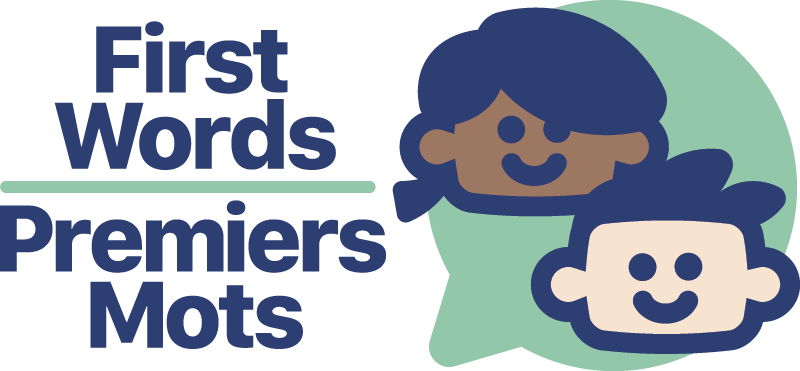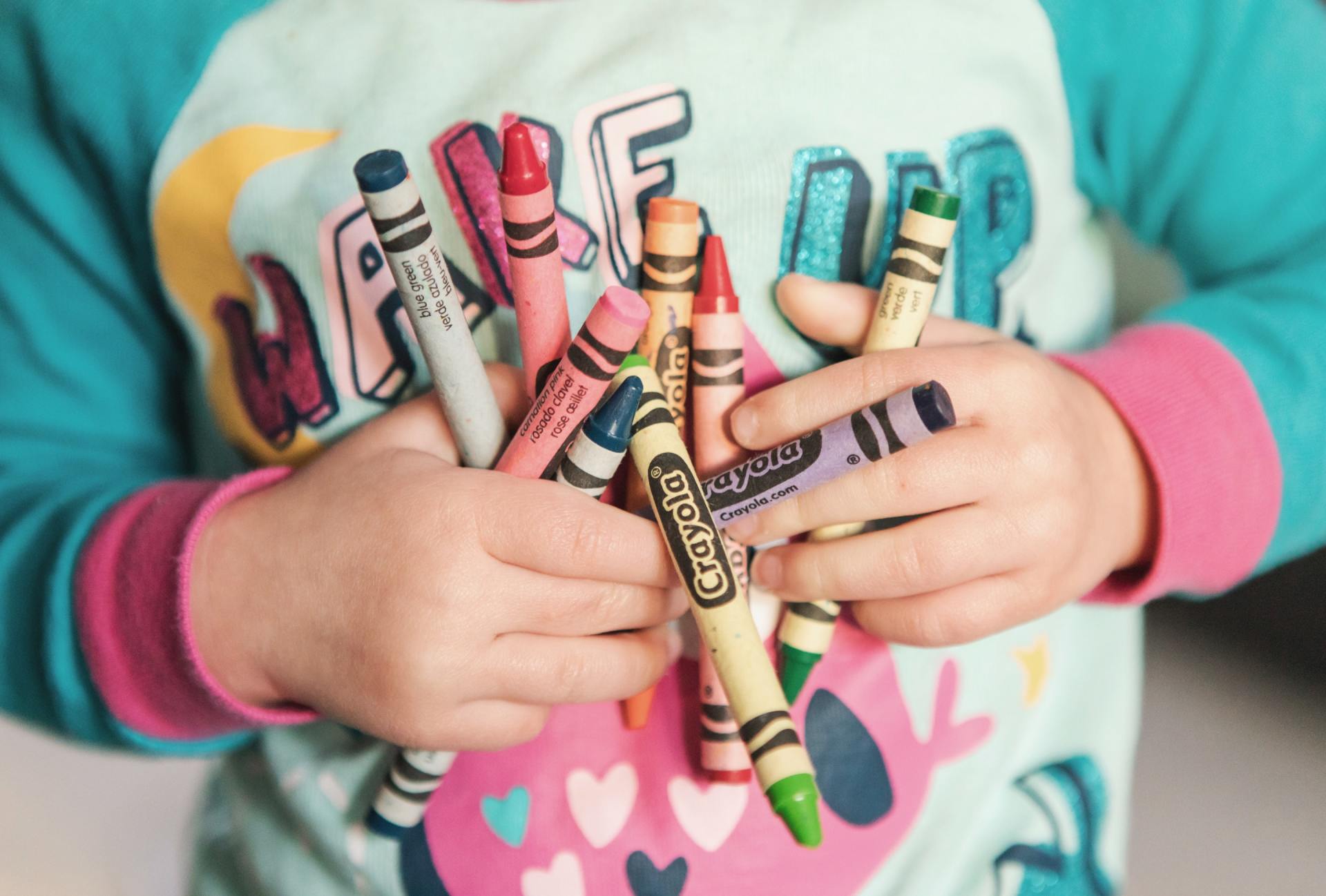Cozy Up and Read to Your Child
The cooler weather has arrived.
Thanks to daylight saving time (#beingsarcastic), darkness falls upon us much earlier, and invariably, our children’s routines shift. Let’s make the most of it by cozying up with our “favorite little one” and read together.
Sounds utopic?!? Totally. But there are ways to make the most of reading books with your tired baby, your busy and wiggly toddler, or your bossy preschooler. Here are some suggestions to share your love of books and read with your little one!
Start early.
Read to your child from the day they are born. A routine set at birth is easier to follow. Start now. It's never too early or too late to start reading to your child.
Talk about pictures.
Don’t feel like you need to stick to the written text. Talk about the pictures and what your child is interested in when looking at books. Name the pictures (e.g., "Look, it's a horse!", "The truck is stuck in the mud."). Take turns commenting on the pictures.
Keep books within your child’s reach.
Let your child choose the book. If they are only looking at one or two pages before running way, don't worry. Do not put the book away; your child may come back later.
Involve your child.
Let your child turn the pages, find an object or an animal in the picture. Take turns mimicking the sound of the animal. Have your child find the missing words (e.g., "Dora says _____ ") Ask simple questions (e.g., “Who's next?”). Follow your child’s interest.
Experience with books matters.
Read often. Children who are exposed to books and to reading early on have stronger language skills. They also do better with reading at school. It’s simple: If you read 1 book a day starting at birth, you will have read 1825 books by the time your child is 5 years of age.
Read your child's favorite book often.
Spoiler alert: Yup, you’ll just have to do it again and again! Reading the same book over and over helps your child to learn new words and better understand the story. Since your child is interested in the book, your child will most likely want to read the book for longer periods.
Make reading fun.
Read the book face to face. Read and talk about the book to your child in a lively manner. Use an animated voice. Add puppets, sounds, gestures, actions, and words. Be silly. If you make reading fun, your child will be more likely to stay longer with you in this activity.
Keep it going.
Once the book is closed, talk about it together. Bring it up in your daily routines. Give your child access to all kinds of written materials (e.g., comics, magazines, books from the library). Make print stand out in books (like the word “POW!”) or when you are out in the community (e.g., read the signs on your street like a STOP sign).
Daily reading with your child will create bonding memories and a love of reading for years to come.
What is your child’s favorite book?







